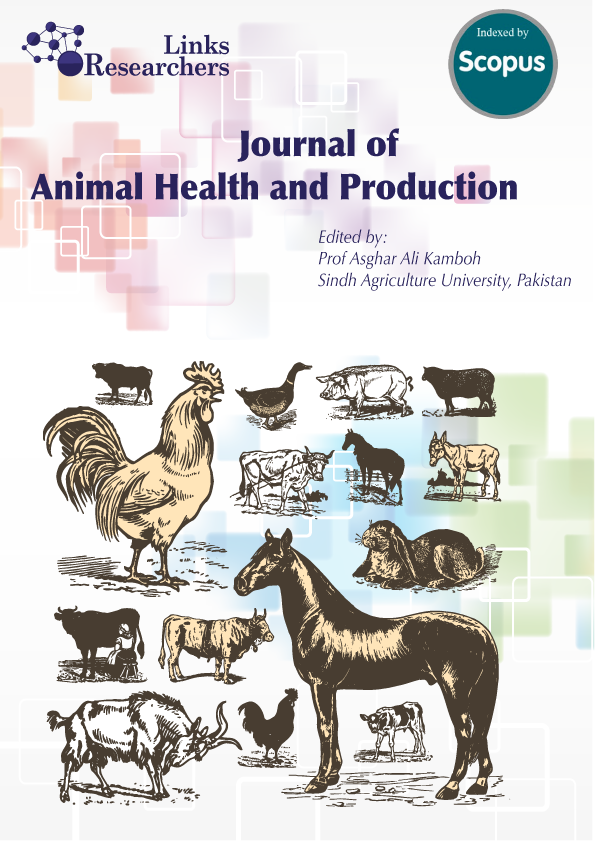Protective Effect of Propolis Extract Against Nickel Chloride and/or Carbon Tetrachloride Induced Alterations in Physiological and Endocrine Functions in Adult Male Rats
Protective Effect of Propolis Extract Against Nickel Chloride and/or Carbon Tetrachloride Induced Alterations in Physiological and Endocrine Functions in Adult Male Rats
N. M. Abed
ABSTRACT
Nickel chloride (NiCl2) alters thyroid hormones and causes morphophysiological changes and oxidative stress. Reactive free radicals from carbon tetrachloride (CCl4) damage the liver and kidneys. On the other hand, propolis has antioxidant, anti-inflammatory, anti-cancer, antibacterial and hepatoprotective properties. Propolis protects thyroid and gonadal function from NiCl2 and CCl4. In order to assess the protective impact of propolis extract against NiCl2 and CCl4, 80 adult male albino rats were divided into eight groups including control group, the propolis-treated group, the NiCl2-treated group, the CCl4-treated group, the NiCl2 and propolis-treated group and the CCl4 and propolis-treated group. Blood-based ELISA kits were applied to determine T3, T4, TSH, LH, FSH and testosterone in the rats after four weeks of medication. Results analysis indicated a significant increase (P≤ 0.05) in TSH and lower T3 and T4 levels in the NiCl2, CCl4 and NiCl2+ CCl4 groups compared to the control group. Propolis treatment in the NiCl2 and CCl4 groups significantly (P < 0.05) lowered TSH levels compared to the control group. In contrast, the CPF-treated group had significantly higher serum levels. Our investigation concludes that propolis has a significant impact in safeguarding against hypothyroidism and gonadotoxicity generated by NiCl2 and/or CCl4.
To share on other social networks, click on any share button. What are these?





